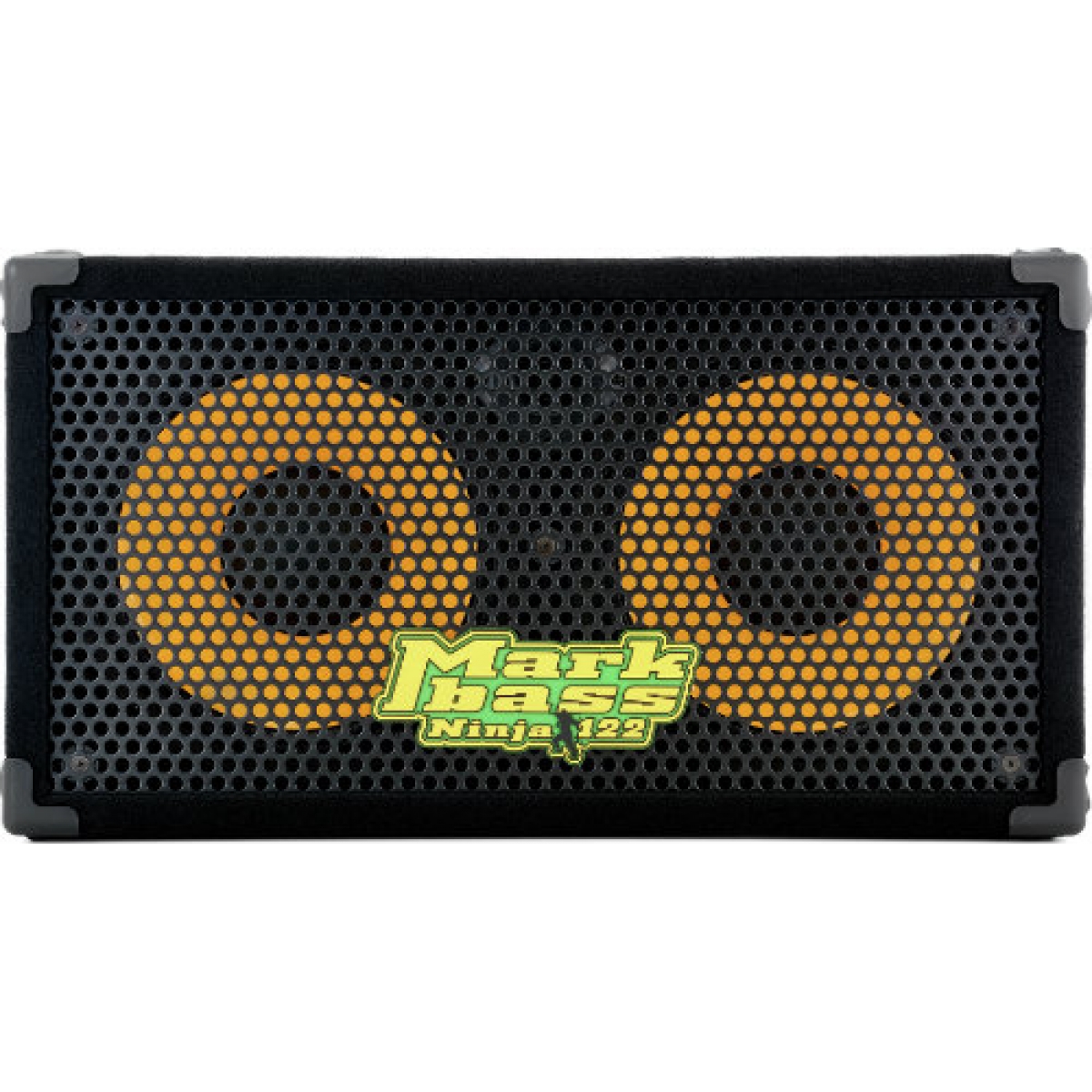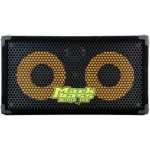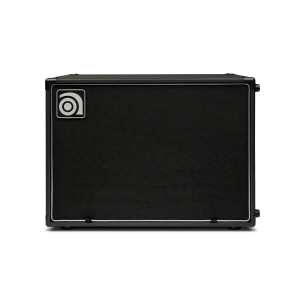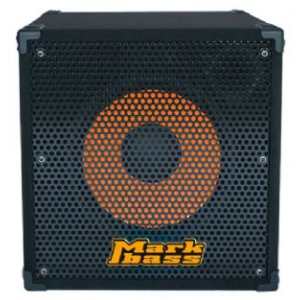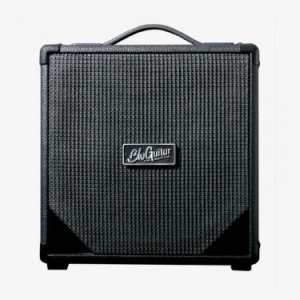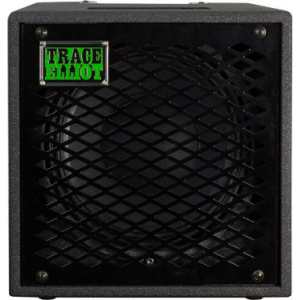The NEW YORK 122 NINJA Richard Bona signature cabinet has a very full yet focused sound, with controlled bottom end from the 2×12” Markbass custom speakers and fantastic clarity and detail from the special new 1.25” compression driver that delivers smooth and crisp highs that are never harsh or brittle. With its 800W power handling it’s a great single cab choice for medium or large gigs, and its 8 Ω allows you to match two of them with our powerful Markbass heads like the new Little Mark Ninja or Bass Multiamp S.
“I searched it, and I found it. It’s my sound and tone”, says Richard, “In the end It ALL come down to BASS Sound. It’s ALL in Markbass!”
TECHNICAL SPECS
IMPEDANCE
8 ohms
SPEAKER SIZE
2×12"
BASS PORTS
rear
TWEETER
1.25" compression driver with custom horn
POWER HANDLING
800W RMS (AES Standard)
CROSSOVER FREQUENCY
3.5 kHz
FREQUENCY RESPONSE
45 Hz to 20 kHz
SENSITIVITY
103 dB SPL
WEIGHT
40.79 lbs / 18.5 kg
WIDTH
28.35 in. / 72 cm
HEIGHT
15.16 in. / 38.5 cm
DEPTH
14.37 in. / 36.5 cm
Bona is one of the world’s best bassist, and an absolute master with a distinctive and unique style, a mix of jazz, afro-beat, bossa nova, pop music, and funk.
Richard Bona was born in the Cameroonian village of Minta. When the infant Bona came down with malaria, his family discovered that only the sound of the balafon could soothe him. When he recovered, his grandfather, the village griot, showed him how to build his own instrument. He played for hours every day, and by the age of five he was performing regularly. He could play any instrument he heard: flute, hand percussion, drums. When Bona was 11 his family moved to the big city of Douala, and Bona fell in love with the sound of the guitar. He built himself a 12-string, using bicycle brake cable for strings. Soon he was playing in local bikutsi and makossa bands. Then fate intervened when a French jazz club opened at a local hotel. The patron of the establishment sought out the talented kid he’d heard about and asked him to put together a band. Bona knew nothing about jazz at the time, but he needed the gig. Fortunately, the club owner had over 500 records. Bona spent his days listening and his nights trying out what he had learned. One of the first things he heard was the 1976 album Jaco Pastorius, and it changed his life forever.
A decade later Bona would be hired to fill the legendary bass player’s shoes in Joe Zawinul’s band. Throughout the 1990s Richard Bona’s musicianship and virtuosity became urban legend in Paris and New York. Bona played with Afropop stars Manu Dibango and Salif Keita. He toured and recorded with Pat Metheny, Joe Zawinul, Didier Lockwood, Harry Belafonte, Quincy Jones, Herbie Hancock, Chick Corea, Steve Gadd, Michael Brecker, Randy Brecker, Chaka Khan, Jacques Higelin, Shankar Mahadevan, Tito Puente, Chucho Valdès, Mike Stern, Larry Coryell, David Sanborn, Kenny Garrett, Joe Sample, Harry Connick Jr., Raul Midon, Billy Cobham, Queen Latifah, Branford Marsalis, Bobby McFerrin, and Sadao Watanabe. He released seven albums — Scenes From My Life (Columbia, 1999), Kaze Ga Kureta Melody (Sony, 2000), Reverence (Columbia Europe, 2001), Munia: The Tale (Verve 2003), Kiki (Decca, 2006), Bona Makes You Sweat (Decca, 2010), and The Ten Shades of Blues (Decca, 2010) – establishing himself as a singer-songwriter with a singular voice. His Afro-Caribbean project Toto Bona Lokua (w/Gerald Toto and Kanza Lokua, Sunnyside, 2005) and his Afro-Cuban project Mandekan Cubano weave together disparate roots, alchemizing ancient traditions into surprising new forms.
Bona’s grandfather taught him early and well. Music is a language that cuts through our ordinary experience, tells us the stories we need to hear, leads us to understand who we are. Richard Bona is following in his grandfather’s footsteps, the griot for our sprawling global village. In basement clubs and festival tents and grand concert halls, we gather to celebrate, dance and sing. Richard Bona’s music propels us forward.
"I searched it, and I found it. It's my sound and tone", says Richard, "In the end It ALL come down to BASS Sound. It's ALL in Markbass!"
Apparently, it's pronounced like Bonner
